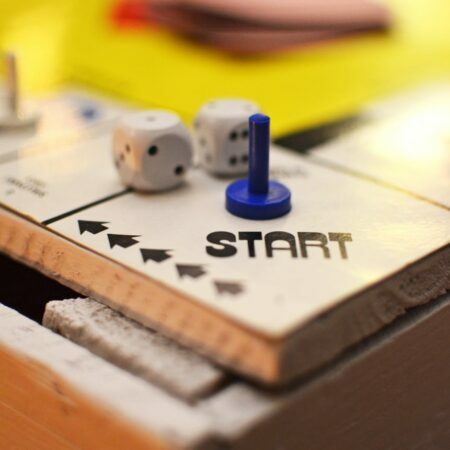If you don’t believe that theater is changing lives, you only need to look at Broadway’s ticket sales. Nearly 15 million people went to a Broadway show in the 2018–2019 season. Attendance is up along with overall grosses, which means that more people are paying higher prices to see musicals and plays on The Great White Way. But while theater is fun, it can also do good things for your mental health. Here are three ways that theater can be therapeutic.
It Gets You Out Of Your Head
If you’re struggling with mental health issues, you may feel like you’re being swallowed whole by anxiety, depression, or bipolar disorder. It can feel like everything revolves around your poor mental health, and that’s very frustrating. But when you go see a show, you’re distracting your brain. You’re getting swept up in a story that is most definitely not yours, and that’s a real relief.
If you’ve never been to therapy, you might think it’s going to somehow resolve all your problems. But therapy is not necessarily about fixing everything. When you get help through a site like withtherapy.com, you’re not getting a fairy godmother who will wave a magic wand. But a good therapist will help you develop good coping strategies. Distracting yourself is one possible tool. If you can distract yourself for a couple of hours to watch a show, your problems might not see as big by the time the curtain call rolls around.
Theater can remind you that there’s more to life than what’s going on inside your head. It forces you to focus on something else. Think of it as similar to a social media cleanse. Speaking of which, it doesn’t hurt that going to a show forces you to put away your phone when the lights go down and the story begins.
Plays Have A Clear Beginning And Ending
There are a few things worth researching when you buy theatre tickets. Cost is a big issue, as not everyone has the budget to see blockbusters like Hamilton or Harry Potter and the Cursed Child. But you should also look up the show’s run time. Whether the show is 90 minutes or 300 minutes, you can know that there will be a clear beginning and end.
That may not sound like much since there are beginnings and endings every single day. But they are rarely as clear as they are in the theater. Once there’s a resolution and denouement, the curtain comes down. People start clapping, and everyone in the audience should feel moved somehow by what they just saw. The dramatic structure leaves room for some ambiguity, but it still feels like a finished product.
Let’s use romantic relationships as things that are often not finished products in real-life. If you see a romantic play that ends with two people getting married, it’s safe to assume that the couple will be happy and stable. But in reality, many people who are happy on their wedding day are not happy 10 or 20 years later. Theater makes life feel more orderly than it is, and that’s comforting.
Live Theater is Dynamic
No two theater productions are exactly alike. Sure, actors are saying the lines, and in many cases, they’re hitting the same cues. But the audience is a part of the show in live theater. You can’t say that about a night at the movies watching the latest Marvel flick.
This element is therapeutic because it allows you to feel like you’re part of something bigger than yourself. When you go to a concert, it’s common for people to start singing along with their favorite tunes. Singing along is frowned upon in the live theater, but the sense of collaboration remains. The relationship between the artist on stage and the people in the audience are always going to be a little different given the day and occasion. Theatre keeps you on your toes because it’s unpredictable in all the best ways.









